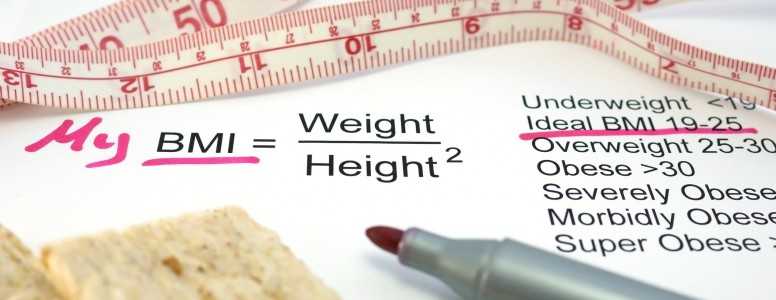An insulin pump with the ability to forecast blood glucose levels and make adjustments accordingly is being trialled in America.
Manufacturer Tandem Diabetes has been working on a new version of its leading insulin pump in a bid to banish hypos.
The project involves using Tandem’s t:slim X2 insulin pump alongside its predictive low glucose suspend (PLGS) algorithm together with the Dexcom G5 continuous glucose monitor (CGM).
The move to combine different algorithms along with insulin pumps and CGMs is an emerging concept. The new system works by stopping the release of insulin when blood glucose levels are expected to drop and delivering more insulin when levels are predicted to increase.
In the trial called PROLOG (PLGS for Reduction of Low Glucose), 90 people with type 1 diabetes will take part in using the pump. Two separate three-week periods will be studied to see whether the pump with the PLGS algorithm can prevent glucose levels going below 3.9 mmol/l.
Professor Bruce Buckingham, from the Lucille Salter Packard Children’s Hospital and Stanford University, is the lead researcher on the study. He said: “This new PLGS algorithm will allow for the automatic suspension of insulin delivery when glucose is predicted to be low. This is beneficial throughout the day but can be lifesaving at night when a person is otherwise unable to react.”
This new research comes following the publication of data about the PLGS algorithm, where it successfully suspended the delivery of insulin at night in a hospital setting. The algorithm was successful in suspending insulin delivery when blood glucose levels dropped and restarted insulin delivery when blood sugars were expected to rise. No episodes of hypoglycemia or rebound hyperglycemia was reported amongst the ten participants that took part.
The company is planning to submit the new technology for US approval in the first few months of 2018 with a view to launching it in America the following summer.






